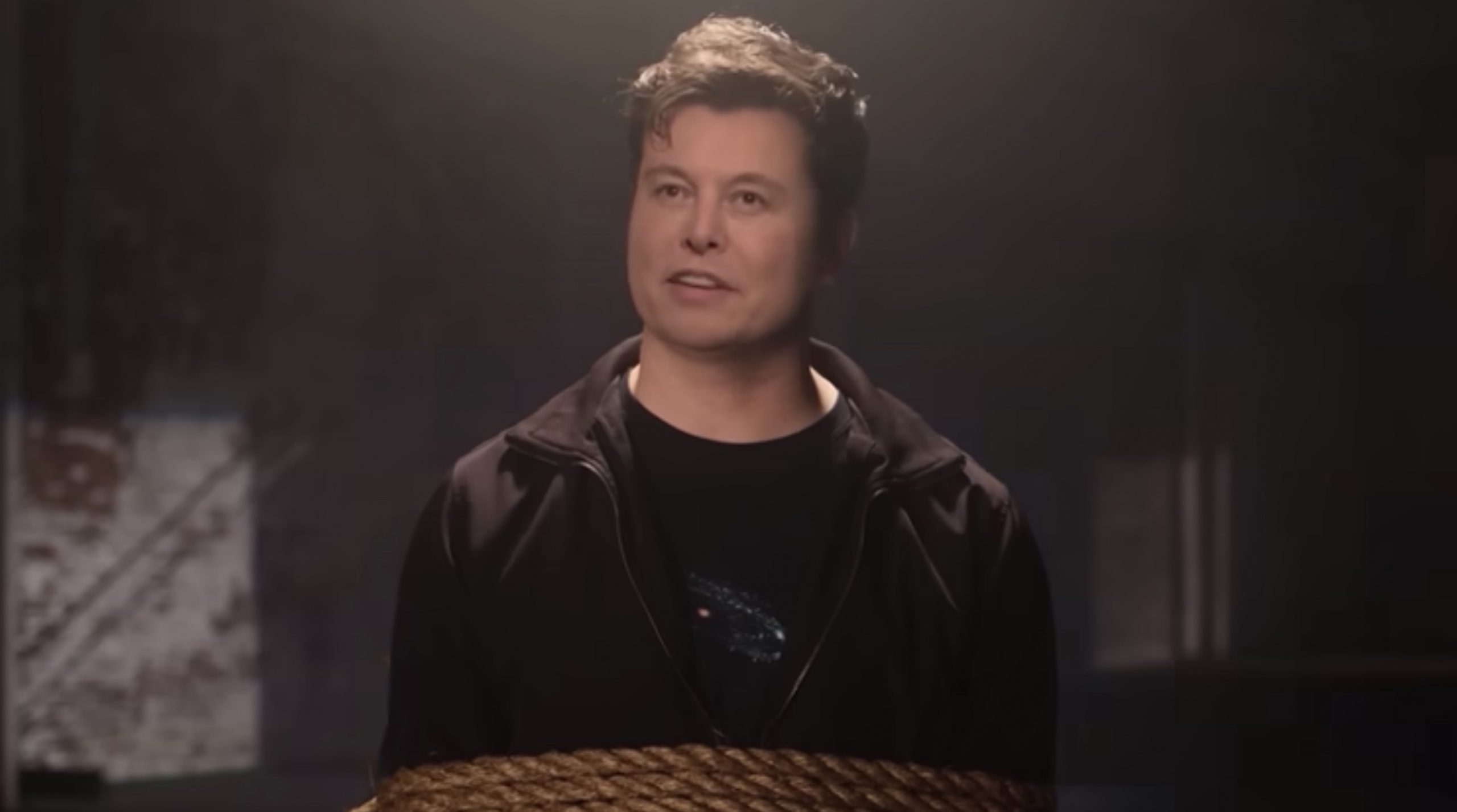The camera does lie and your eyes are deceiving you. Next time you see a celebrity pushing an unlikely product (perhaps while being curiously waxy-faced and behaving unusually) be aware that you might not be looking at who (or what) you think.
Deepfakes of celebrities are popping up in advertisements in increasing unmbers and – unfortunately – it barely goes without saying that many of these deepfakes are being created without permission from the star they imitate.
Some celebrities have agreed to endorse the company that has used their deepfake likeness. However, celebs like Leonardo DiCaprio, Tom Cruise and Elon Musk have had their likeness used in advertisements despite not having given their consent. Likewise, stories circulated last month that Bruce Willis had sold the rights to his likeness, a claim Willis’ team later refuted.
“Deepfake technology does have the potential to be extremely harmful,” says owner of Slack Shack Films, Danyen Biggs. “We are always careful that what we are creating is not damaging or deceitful, but an entertaining and fun way to share a message.”
What is deepfake technology?
Deepfakes are computer-generated digital twins of famous individuals. With deepfake tech, creators can make it appear as if someone has done and said things they haven’t. It’s pretty much the final straw in being able to tell the truth from lies and technology is on the brink of breaking it once and for all.
These computer-generated simulations are often so realistic that it’s nearly impossible to discern them from the person they’re imitating. This is scary enough as a tool when it is being used to simulate celebrities. But imagine the potential ramifications of deepfakes of political candidates and world leaders.
“We’re having a hard enough time with fake information. Now we have deepfakes, which look ever more convincing,” said Ari Lightman, Digital Media and Marketing professor at Carnegie Mellon University’s Heinz College of Information Systems and Public Policy.
It’s not all bad… OK. It is
One upside to deepfake tech is that celebrities can star in more ads at once since they won’t need to actually be present. This would also mean a lower production cost. Also there’s a long history of fans producing their own alternative cuts and ‘what might have been’ movie trailers (such as this Iron Man 4 trailer that recasts Tom Cruise as Tony Stark). Certainly such things could (loosely) be bracketed as ‘harmless fun’ and deepfake tech just helps the illusion along? Right?
However, for every ‘harmless fun’ application there are countless more far more worrying uses and – currently – there are no laws in place address the use of deepfakes in advertisements and endorsements.
However, the U.S. has started to legally address the issue of deepfakes. In 2021, U.S. National Defense Authorization Act declared that the Department of Homeland Security must create a yearly report discussing potential threats caused by emerging technologies. Likewise, the state of Texas has outlawed the use of deepfakes in political campaigns, Virginia forbade them in ‘revenge porn’ and California has banned them in both situations.
As for an outright ban and a law that celebrities can truly lean on, that remains illusive.
Jack Brassell is a freelance journalist and aspiring novelist. Jack is a self-proclaimed nerd with a lifelong passion for storytelling. As an author, Jack writes mostly horror and young adult fantasy. Also an avid gamer, she works as the lead news editor at Hardcore Droid. When she isn't writing or playing games, she can often be found binge-watching Parks & Rec or The Office, proudly considering herself to be a cross between Leslie Knope and Pam Beasley.



































